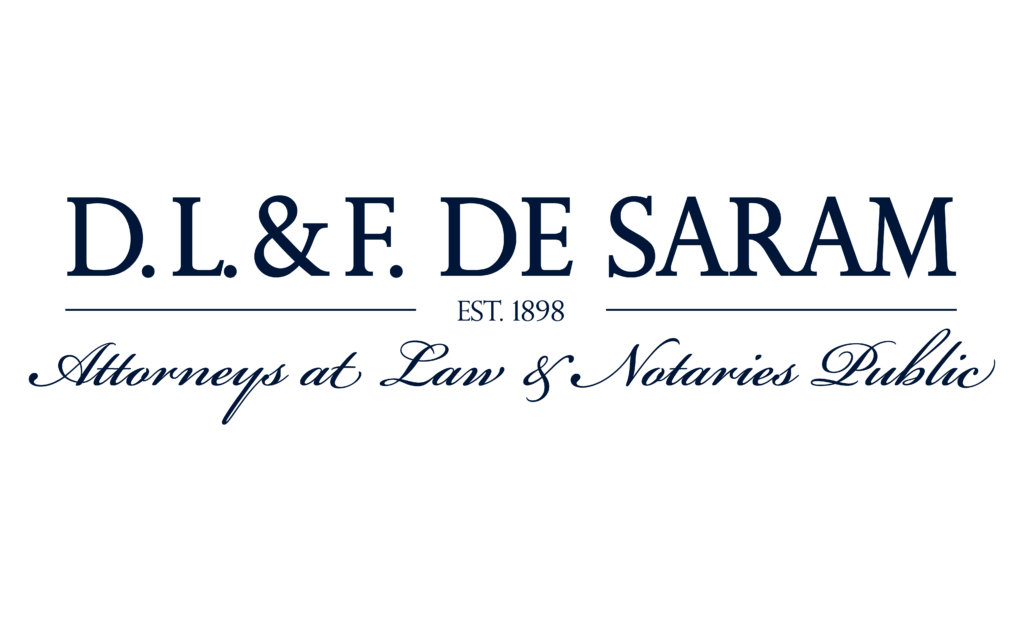The Gambling Regulatory Authority Act, No. 17 of 2025 (“Act”), was certified by the Speaker on 03rd September 2025. Its primary aim is to establish the Gambling Regulatory Authority (GRA) and repeal existing legislation such as the Betting on Horse-Racing Ordinance, Gaming Ordinance, and the Casino Business (Regulation) Act, No. 17 of 2010.
A person is not permitted to carry on any gambling other than the types of gambling authorized under the provisions of this Act. The Acts provisions apply to all types of gambling, with specific exceptions for lotteries conducted by the Development Lotteries Board and the National Lotteries Board, as well as social gambling.
Some of the salient provisions of the Act are set out below, including the broad definition of gambling and the establishment and appointment of the GRA:
Definitions of Gambling
- “Gambling” is broadly defined to include betting, gaming, online gaming, casino, cruise ship casinos, junket operations, and includes digital gambling, the playing of baccarat, puntobanco, big six, black jack, boule, chemin – de – fer, chuck – a – luck, crown and anchor, faro, faro bank, hazard, poker dice, pontoon, American french roulette, trente – et – quarntc, vingt – et – um, or wheel of fortune or gambling for charitable or philanthropic purposes or any other game which the Minister of Finance (Minister) may from time to time by Order published in the Gazette, specify under section 19.
- “Digital gambling” is defined as any form of gambling that is conducted, or is capable of being conducted, using electronic or digital means and includes interactive gaming, internet gambling, mobile gambling, social gambling, any other form of gambling that is conducted, or is capable of being conducted using electronic or digital means as the Minister may from time to time by Order published in the Gazette, specify under section 18.
- “Social gambling” is characterized as non-remote gambling which is conducted by an individual in premises that are either the individual’s home or another individual’s home in Sri Lanka, has as participants only individuals who are members of the same family or who know each other personally, is substantially spontaneous, even though it may occur regularly, habitually or by arrangement between the individuals involved, is not promoted or conducted (i) by or for the private gain of any person not participating in the gambling; or (ii) in the course of any business; and, is conducted so that the only way a participant in the gambling can make a profit or gain any other benefit as a result of the gambling is by winning, and includes private or non-commercial gambling.
Establishment and Appointment of the GRA
- Establishment: The Act provides for the establishment of the GRA, which will be a body corporate.
- Objects of the Act: to regulate and control gambling activities, ensure revenue collection, ensure transparency and good governance, promote tourism, employment and economic development, promote public confidence in the industry’s integrity, ensure fair and transparent gambling, ban irresponsible gambling products and practices, provide facilities for gambling to maintain a minimum standards and to attract tourists, promote responsible gambling, prevent unlawful activity, minimize social harm from gambling, prevent gambling from becoming a source of crime or disorder, prevent gambling and related activities from being used for money laundering and protect children from gambling.
- Board of Management: The administration, management, and control of the GRA’s affairs are vested in a Board of Management (“Board”).
- The Board comprises ex-officio members: the Secretary to the Ministry of Finance, the Commissioner General of the Department of Inland Revenue, the head of the Financial Intelligence Unit, and the Inspector General of Police (or their nominees).
- Additionally, three appointed members with qualifications and experience in economics, accountancy, law, or information and communication technology, and knowledge in gambling regulation, are appointed by the Minister.
- Powers of the GRA: The GRA is empowered, inter alia, to issue, renew, suspend, or cancel gambling licences and premises registrations, establish a rating system for licensees to assess the performance and compliance, issue directives and guidelines (including for anti-money laundering and counter-terrorist financing), enter, search, inspect any gambling place or premises, access online gambling portals/websites and levy fees.
- Duties and Functions of the GRA: Its duties, inter alia, include regulating, monitoring, supervising, and controlling gambling operations, coordinating with the police to prevent illegal gambling and fraud, ensuring licensees meet safety, hygiene, security, and fraud prevention standards, conducting risk assessments for illicit financial activity, investigating unlawful gambling.
Licensing and Regulatory Requirements
- Licensing Requirement: A license issued by the Director-General is mandatory for any person to carry on gambling. Applicants must be a company incorporated or registered under the Companies Act, No. 7 of 2007 (Companies Act), with a minimum capital specified by the Minister. These provisions broaden the application of the Act to companies which are incorporated outside Sri Lanka and registered under the Companies Act such as branch offices. The Director-General assesses the fitness and propriety of the company’s directors, senior managers, shareholders, key management personnel and beneficial owners before issuing a license. A company to which the license is issued to carry on gambling must register the premises where the operation of gambling takes place with the GRA for that purpose.
- Digital Gambling License: A specific digital gambling license is required for digital gambling, with similar application provisions. The manner in which digital gambling may be carried out may be prescribed by an Order published in the Gazette.
- Gambling Software license: Any person involved in the development, distribution, or operation of gambling software must obtain a license from the Director-General. Application for this license must be comprehensive and include the following:
- detailed specifications of the software’s features, functionalities, and intended use;
- compliance certifications from accredited third-party auditors to confirm the software’s adherence to applicable standards, and
- information on data protection measures and safeguards against unauthorised access or manipulation.
The Act prohibits gambling software from including mechanisms designed to mislead users about odds or outcomes, enabling participation by individuals under the legal gambling age, facilitating unlicensed activities, and operating without transparent algorithms that have been audited and certified by the prescribed authority.Developers and distributors of gambling software must ensure products are not distributed, sold or made available through unregulated platforms and are only accessible to licensed entities. Every gambling software must include tools for self-imposed limits on spending, time, or losses, display warnings on gambling addiction with support links, and restrict access by self-excluded individuals. Developers and distributors must comply with the Personal Data Protection Act, No. 9 of 2022. - Junket Operator license: No person shall operate as a junket operator without a specific license issued under the Act.
A “Junket” is defined as entering Sri Lanka for a limited period of time with the primary purpose of gambling in a casino where- - the arrangements are made, at least in part, by a junket organiser; and
- all, or a substantial part, of the costs of transportation, food, and accommodation for the person entering Sri Lanka is paid by or on behalf of the holder of a casino license;
A “Junket operator” is a person or an entity who arranges for or facilitates the transportation, accommodation and entertainment of gamblers.Once licensed, every junket operator is obligated to maintain accurate and complete records of all transactions and activities related to their operations, including detailed information about patrons and financial dealings. Any gambling licensee who engages with junket operators must ensure that all patrons brought in by the junket operator comply with the legal requirements for entry and participation in gambling activities. Licensees also have a responsibility to report any suspicious activity or breaches of regulation by the junket operator to the Director-General.
Penalties: The Act outlines a comprehensive set of penalties for various offences related to gambling activities, ensuring strict enforcement and regulatory compliance. Inter alia, (i) a fine not exceeding LKR 10mn (approx. USD 33,227) or imprisonment for a period of 2 years or both for carrying on any gambling activity without a valid license; (ii) a fine not exceeding LKR 100,000 (approx. USD 332) or imprisonment for a period not exceeding 2 years or both for inter alia providing false, misleading or inaccurate information or omitting material information in procuring a license; advertising any gambling activity carried in contravention of the provisions of the Act; carrying out gambling in or form any unregistered premises; financing gambling activities carried out in contravention of the Act; allowing person under the age of 18 to engage in gambling in or from Sri Lanka. The GRA is permitted to suspend a license or the certificate of registration of premises issued under the Act in order to implement any protective measures adopted pursuant to a determination made by the GRA; where the licensee has been charged for the commission of an offence under the Act or has contravened any provisions under the Act. Further, GRA is permitted to cancel a license or a certificate of registration issued under the Act if the same has been obtained by provision of false, misleading or inaccurate information; if the licensee has committed an offence under the Act; if the licensee has violated terms and conditions of the license or certificate of registration of a premises; or if the continuation of the gambling operation would have an adverse impact on the public.







